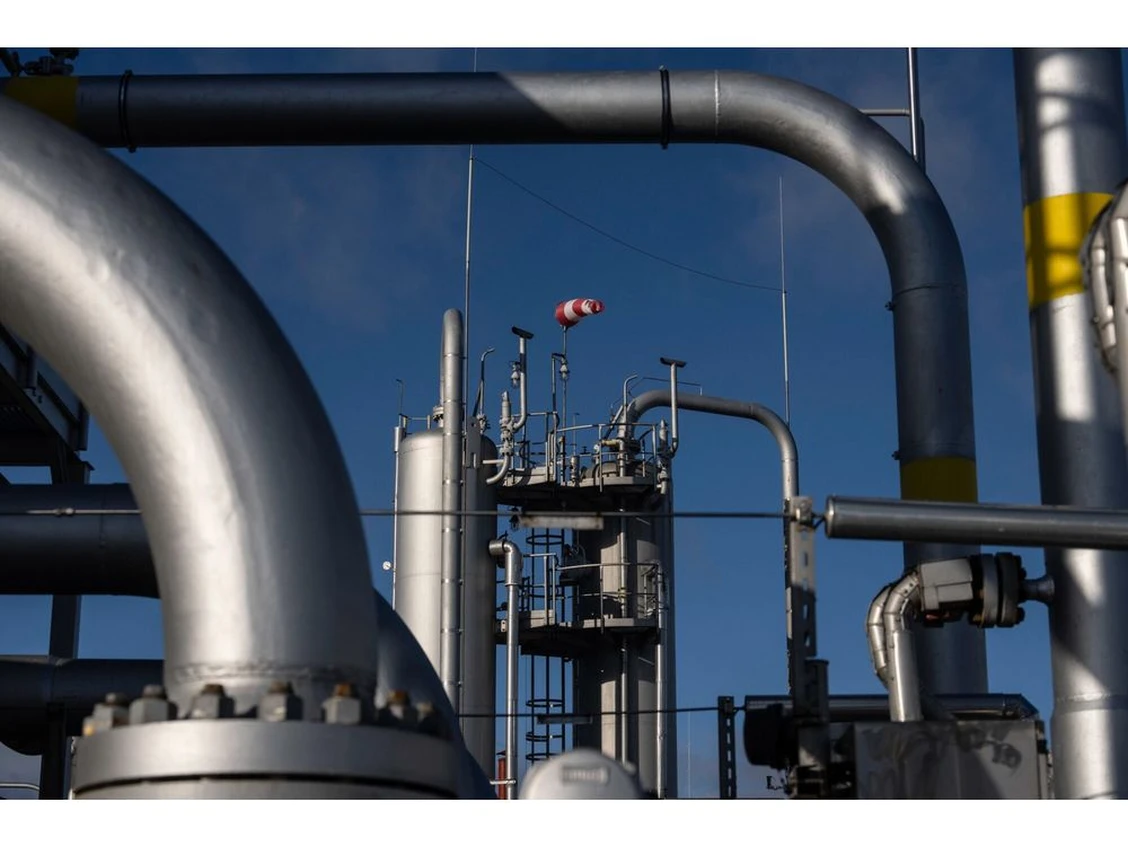The European Union is deepening the fuel crisis in an already strained diesel market by introducing new sanctions against fuel produced from Russian crude. The decision, officially confirmed on Friday, will affect millions of Europeans and increase pressure on suppliers from countries like India and Turkey — which in recent months had become key alternative exporters of diesel made from Russian oil.
Sanctions Few Believed Would Happen — But Did
Even before the official announcement, some traders doubted the EU would go through with such a step, given the diesel market’s sensitivity. But now, the ban is in place: imports of diesel made from Russian crude into EU countries are prohibited, regardless of the country of origin. That includes fuel produced at Indian and Turkish refineries using Russian oil.
“The new restrictions have already been lending strength to the diesel market in the last couple of hours,” said James Noel-Beswick, an analyst at Sparta Commodities. “Diesel stocks are low in northwest Europe and this might lead to reduced imports from India.”
According to Bloomberg, the full text of the new rules had not yet been released as of Friday afternoon (around 2:20 p.m.), and experts say the fine print could be critical in understanding the full scope of the measure.
Prices Spike, Stocks Plummet
On the news, diesel prices surged: the spread between diesel and crude climbed to $28 a barrel — up by $3.50, according to Bloomberg fair value data. The so-called timespread, another key trading indicator, also spiked, signaling growing concerns over supply shortages.
Data from Insights Global show that diesel and gasoil inventories held in independent storage in the Amsterdam-Rotterdam-Antwerp (ARA) hub dropped to 1.76 million tons on Thursday — the lowest level for this time of year since 2022. Refinery closures across Europe have already been straining domestic production at a time when the continent had turned its back on what was once its biggest external supplier: Russia.
“Diesel inventories were already low in Europe, so that decision might tighten the market further,” said Giovanni Staunovo, a commodity analyst at UBS Group AG. “The main problem will be verifying the origin of the crude. But overall, the price reaction reflects a strong concern over tightening.”
India and Turkey in the Crosshairs
The biggest exporter of diesel from India to Europe remains Reliance Industries Ltd., which operates massive refining capacity on India’s west coast. But according to two sources familiar with the matter, the company is currently evaluating the situation and holding off on decisions. Until it becomes clear how the sanctions will be enforced — and how the U.S. and Indian governments will respond — Reliance is unlikely to take definitive action.
Reliance Industries did not immediately respond to Bloomberg’s request for comment, and officials at India’s oil ministry said it was too early to provide a statement.
In addition to India, Europe also imports large quantities of diesel from Turkey — and those flows will likely be disrupted. Analysts at FGE NexantECA believe the new rules will hit so-called re-export schemes, where Russian fuel is shipped to Turkey and then sent to EU countries under a different label.
“The main flow impact by this will be the re-exports of Russian Black Sea products to EU countries via Turkish non-refinery terminals. This product would need to be backfilled from outside the region,” said Gemma Parker, analyst at FGE NexantECA.
She estimates that in recent months this trade has averaged around 50,000 barrels per day of gasoil (a diesel-like fuel) and 70,000 barrels per day of fuel oil.
Rising Risks, Few Answers
By cutting off direct Russian supplies, Europe has trapped itself: domestic diesel production is falling due to refinery closures, inventories are at critical lows, and the new sanctions may cut off even the workaround routes through India and Turkey. The crucial question now is whether EU countries can quickly find new sources of fuel — and whether they have enough time and resources to prevent a fresh energy crisis.
According to Bloomberg, the full impact of the new sanctions will become visible in the coming weeks — but the market has already responded with soaring prices and shrinking volumes.
This article was prepared based on materials published by Bloomberg. The author does not claim authorship of the original text but presents their interpretation of the content for informational purposes.
The original article can be found at the following link: Bloomberg.
All rights to the original text belong to Bloomberg.


















